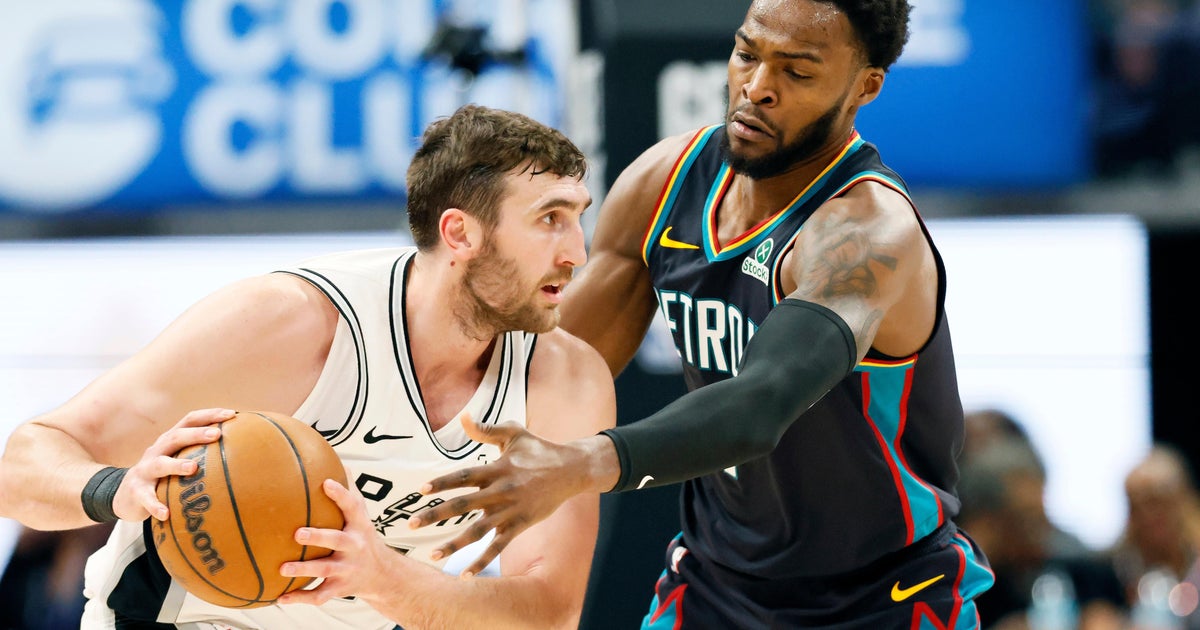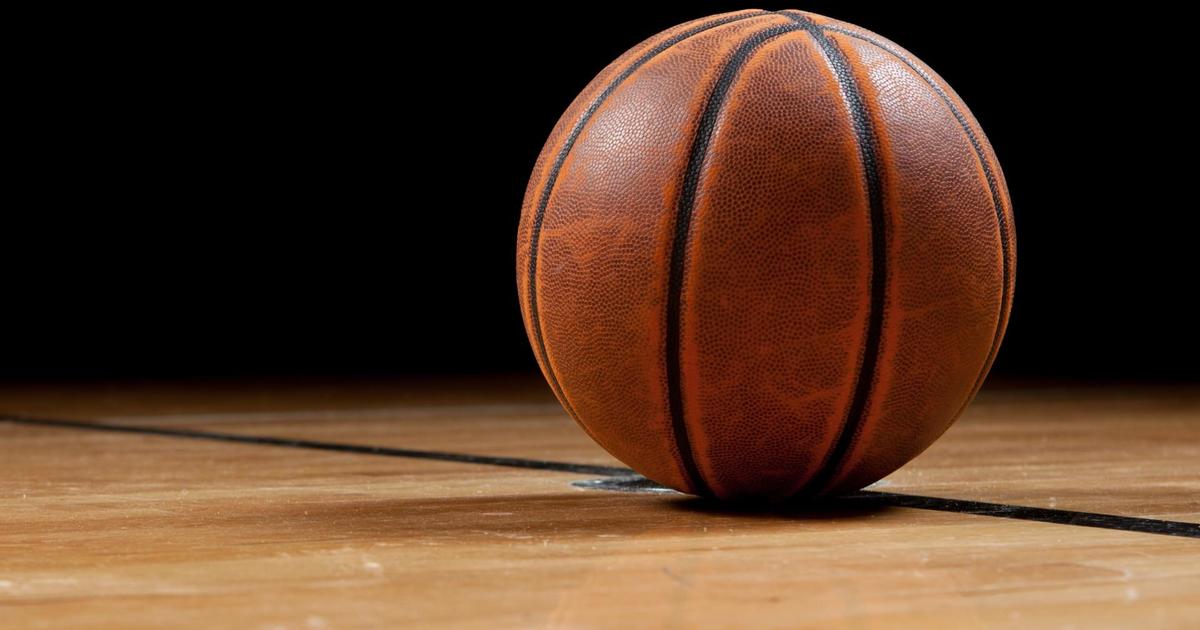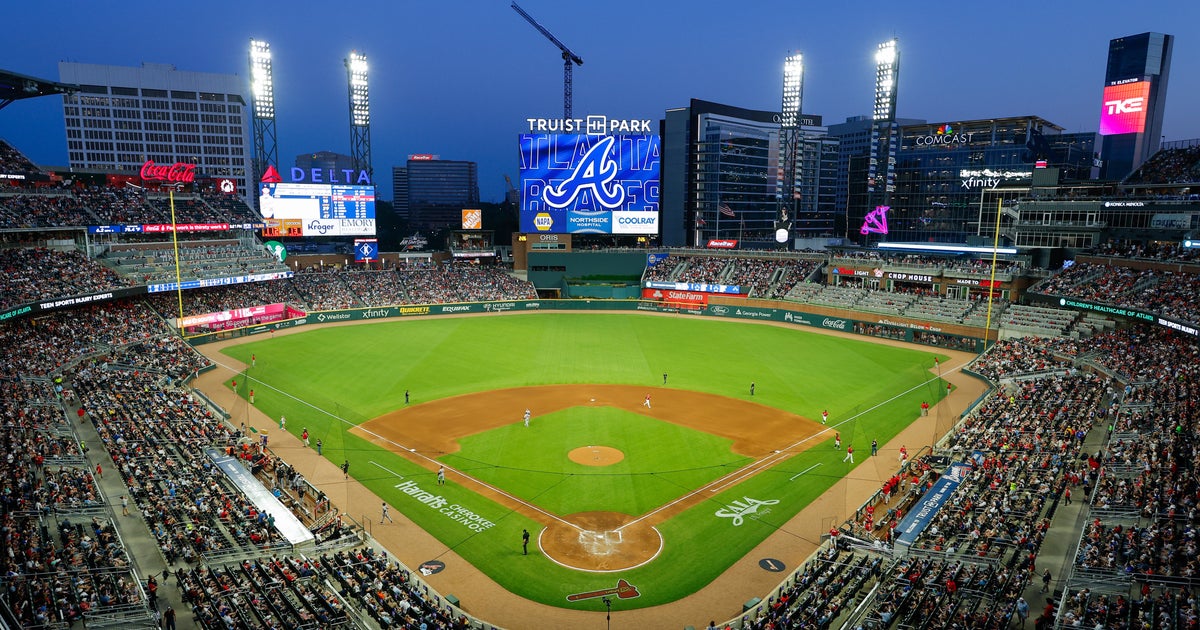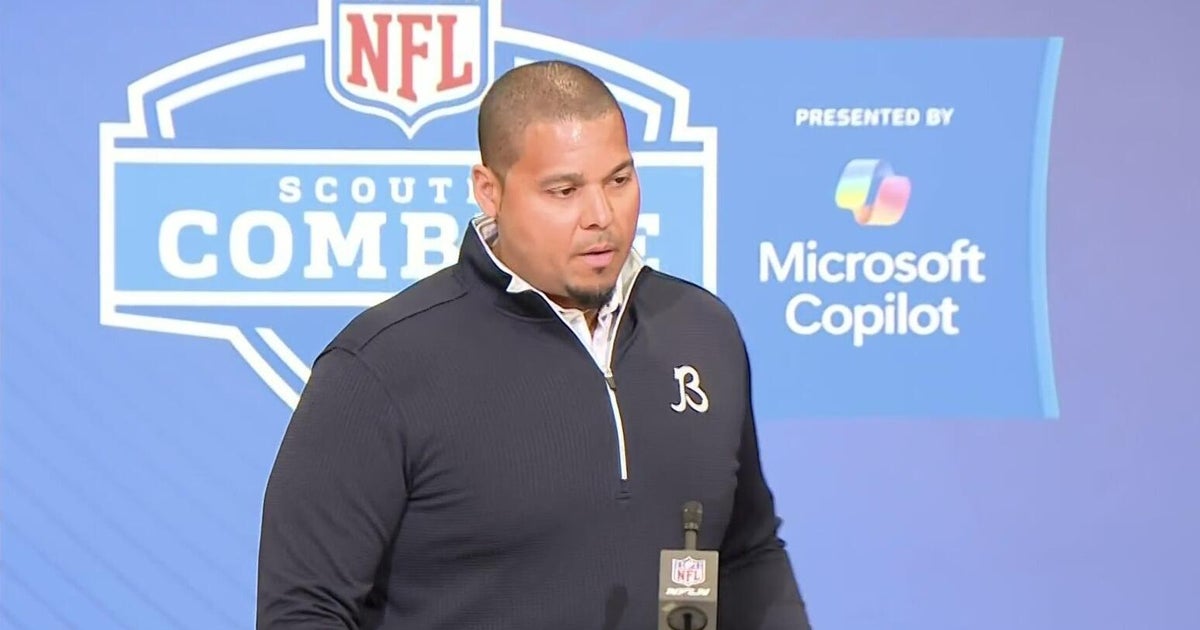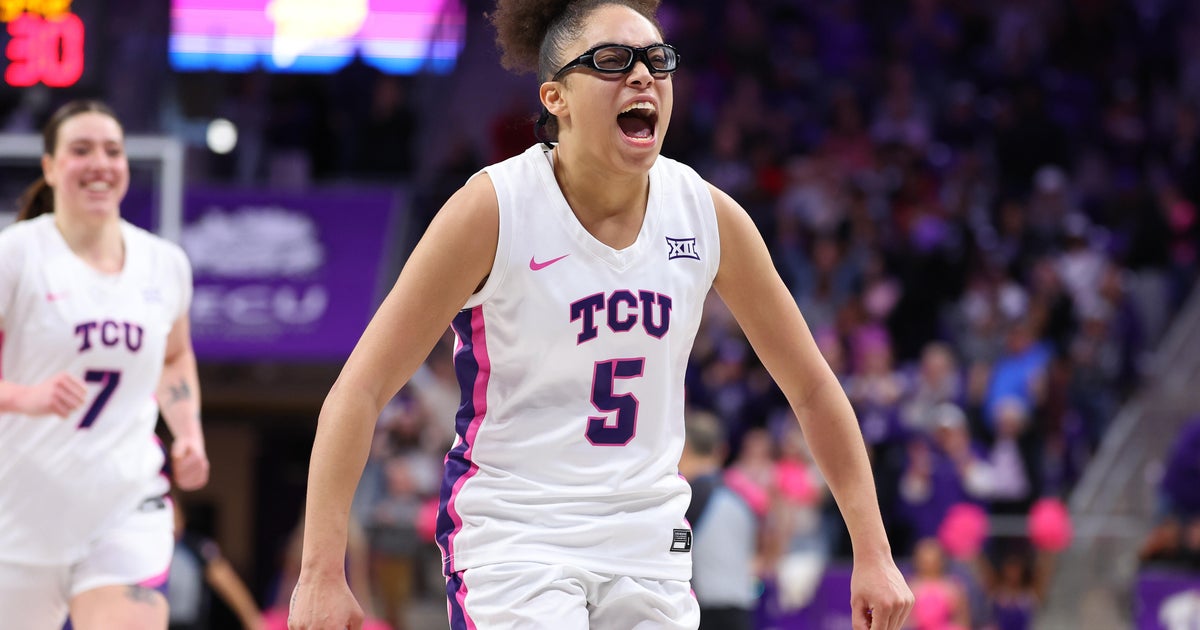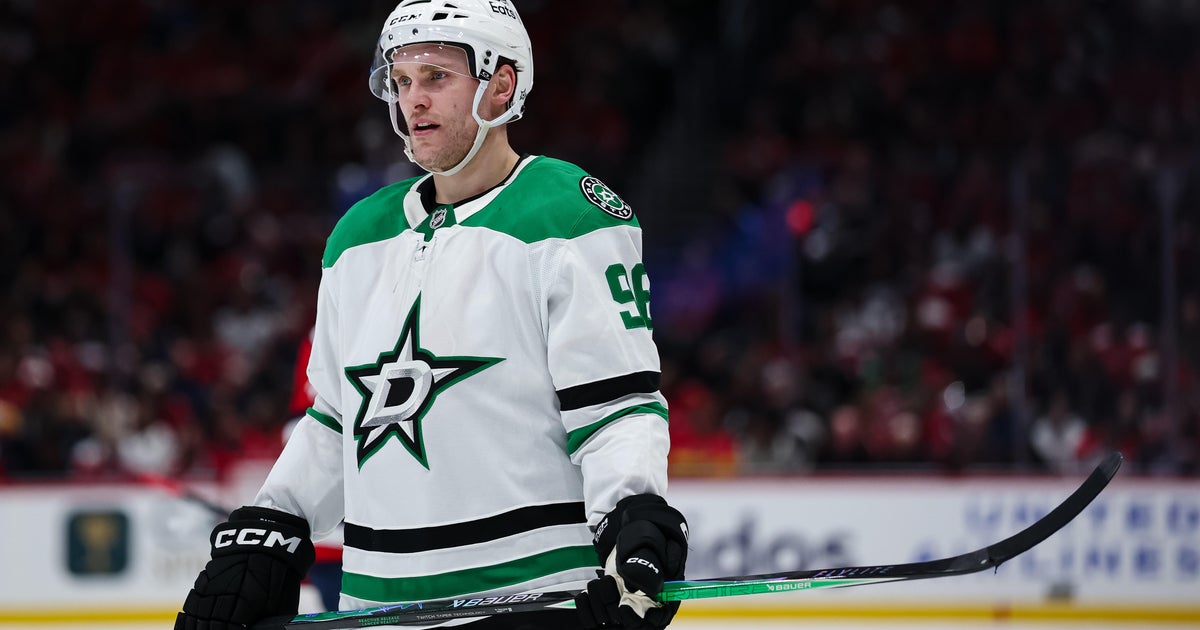Litke: Lebron's 'Decision' Looks Smart In Hindsight
(AP) – Chris Bosh told those Heat fans who had left Game 6 early to stay home, and judging strictly by his line in Game 7, he barely bothered to show up himself.
Fortunately, LeBron James and Dwyane Wade did.
"The vision that I had when I decided to come here is all coming true," James said after the Heat beat the Spurs 95-88 in Game 7 on Thursday night to capture a second straight NBA title in their third consecutive Finals appearance.
And he's right.
James was already the best player in the game when he made "The Decision" nearly three years ago, a move that the rest of the basketball world pounced on as a sign of weakness, a tacit admission that he couldn't win a championship all by himself.
James was right on that score, too.
Bosh, always destined to be third among The Big Three, wasn't much help on this night, contributing zero points on 0-for-5 shooting with seven rebounds. But Wade stepped up, despite a shaky knee, and Shane Battier had a career shooting night when it counted.
Wade surrendered his lead-dog role with the Heat to recruit James in 2010, but took over during a rocky stretch in the second quarter and proved he could still be the man when it mattered. He finished with 23 points and 10 rebounds.
Battier, perhaps the most cerebral guy in the NBA, snapped out of a poor-shooting streak to make 6 of 8 attempts from beyond the arc, and cracked afterward, "It's better to be timely than good."
The Heat still look like a chemistry experiment-in-progress some nights, a collection of Type-A personalities waiting for their cue to take over. James was reluctant to do so at first, because his personality — as has been endlessly dissected — reflects Magic Johnson's pass-first demeanor more than Michael Jordan's shoot-always attitude.
But as James reminded everyone at the end of both Game 6, when the Spurs first dared him to drive the ball to the basket, then Game 7, when his defender laid back and dared James to shoot from the perimeter, scoring is not a problem. Even if those long and mid-range jumpers were not among his strengths before this season began.
"I put a lot of work into my game over the offseason and to come out here and see the results happen on the floor," he said, "is the ultimate."
Amid all the celebrating, Heat president Pat Riley said he would do his best to bring everybody back, perhaps because he still owns the trademark to the term "Three-peat" dating to his days as coach of the Los Angeles Lakers.
"I just want this thing to keep going. I'm at an age right now where I'm ready to, you know, fly off somewhere. But I'm not going to, because the good lord has blessed me with a team that's allowed me to grab onto his coattails, for as long as they want to be together."
One storyline that underpinned the Finals, but didn't warrant much discussion until the trophy presentation began, was the impending retirement of NBA commissioner David Stern.
Stern couldn't help patting himself on the back, noting that the Finals were being broadcast in 217 countries and 47 different languages after his 30 years of promoting the game worldwide. You have to wonder, though, whether secretly he wasn't hoping to hand over the hardware to the Spurs at least one more time.
These Finals were about opposing strategies on how to build a dominant franchise in the post-Jordan era. The Spurs, a small-market operation that built through the draft and filled out their ranks with a few shrewd pickups, are a marvel of consistency. They're coached by Gregg Popovich, who's learned to get by with less and maximize every shot he gets.
The Heat were convenient villains, fair or not, for skipping most of the preliminaries and assembling the core of the team with little more than a checkbook. James' move to Miami touched off free-agent envy among his superstar brethren — everybody wanted to be a part of a Big Three somewhere — and the rest of the league is still scrambling to put one together as formidable as Riley's troika in Miami.
That's what made the Spurs' fold-up-and-crumple act in the last two games dispiriting. It's also why Tim Duncan did his best to not go gently into that good night, slamming his palm on the court — a rare show of emotion — after missing a bunny hook that would have tied the game with 50 seconds left.
He broke up trying to answer which of the last two losses would haunt him most.
"For me, Game 7," Duncan began. "Missing a layup to tie the game. ... Making a bad decision down the stretch. ... Unable to stop Dwyane and LeBron.
"For me," he said finally, haltingly, "Game 7 will always haunt me."
It's not just that Duncan knows his advancing age will make even a return to the Finals a Herculean task — again. It's more that the Spurs, for all the things they've done right throughout a sneaky-good decade run, have almost certainly exhausted their chances.
The Heat, on the other hand — especially if James continues to improve season after season as convincingly as he has — may just be finding their stride.
___
Jim Litke is a national sports columnist for The Associated Press. Write to him at jlitke@ap.org and follow him at Twitter.com/JimLitke.
